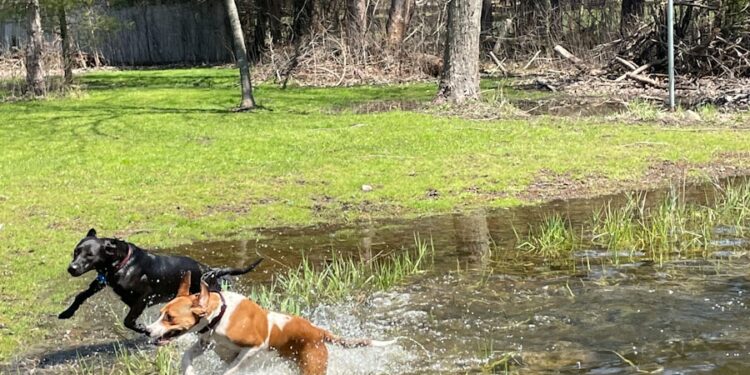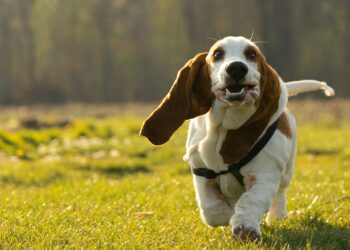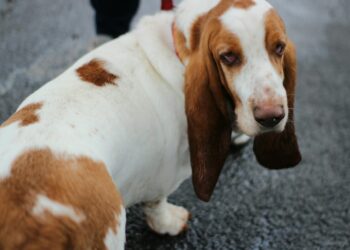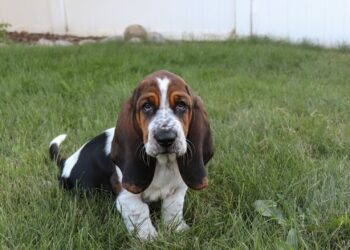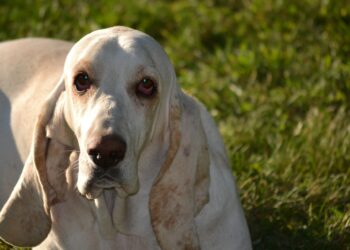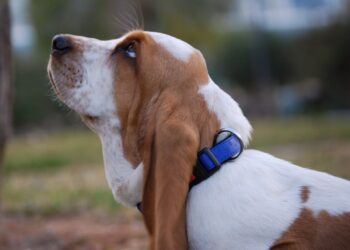Basset Hounds are known for their friendly and easygoing nature, making them generally sociable with other dogs. However, as with any breed, there can be variations in temperament and personality, so it is important to introduce them to other dogs properly and monitor their interactions. Additionally, individual factors such as training, socialization, and previous experiences can also influence a Basset Hound’s ability to get along with other dogs.
Contents
The Basset Hound’s Personality and Temperament
Basset Hounds are generally gentle, social, and non-aggressive dogs. They have a friendly and patient nature, making them well-suited for families and other pets. Their laid-back temperament makes them less likely to engage in aggressive behavior towards other dogs. Basset Hounds are pack animals by nature, and they often enjoy the company of other dogs and humans.
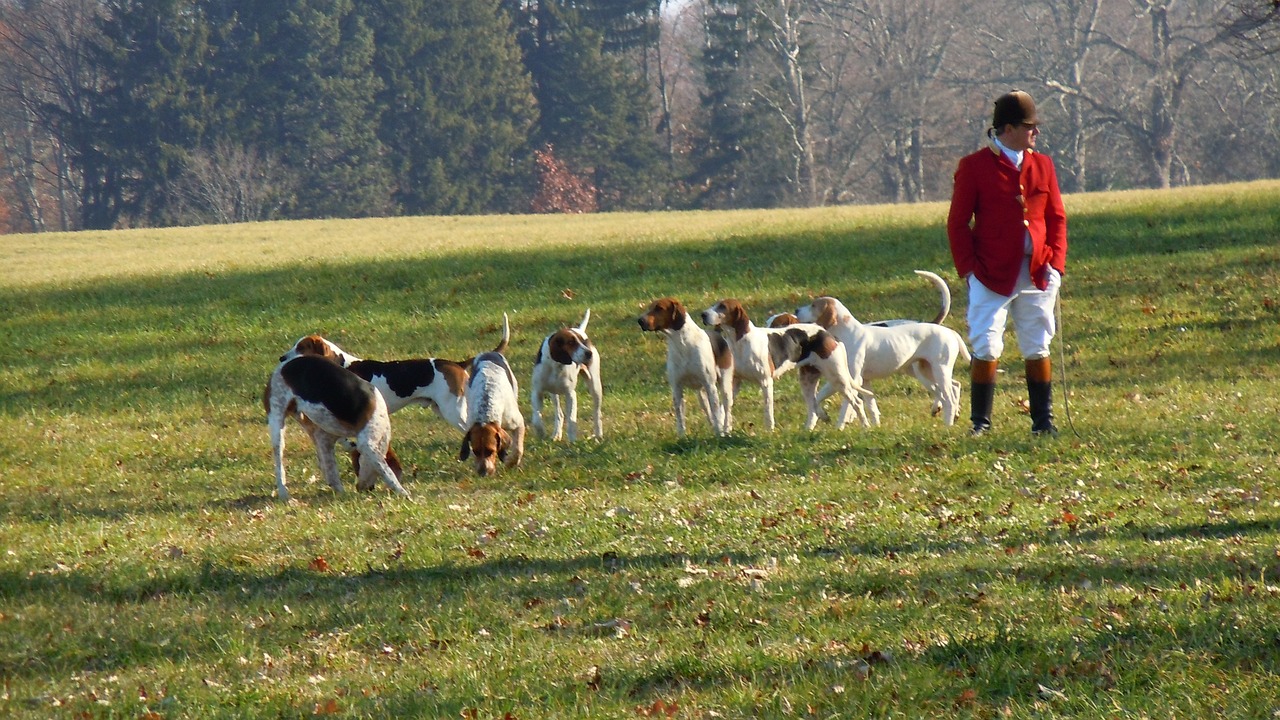
Introducing Basset Hounds to Other Dogs
When introducing a Basset Hound to another dog, it is crucial to start with a controlled and gradual approach. Here are some tips for a successful introduction:
- Choose the right setting: Pick a neutral location, such as a park or a quiet area, where neither dog feels territorial.
- Use proper introductions: Allow each dog to approach the other at their own pace. Keep both dogs on a leash initially and observe their body language closely.
- Observe body language: Look for signs of relaxation, such as loose body language, wagging tails, and friendly sniffing. Be cautious if you notice tense body postures, raised hackles, or aggressive behavior.
- Provide positive reinforcement: Reward both dogs with treats and praise when they display calm and friendly behavior towards each other.
- Gradual integration: After a successful initial introduction, gradually increase the duration and frequency of the dogs’ interactions. Supervise closely during the initial stages to ensure a safe and positive experience for both dogs.
Factors That Can Influence Basset Hound’s Interaction with Other Dogs
While Basset Hounds are generally amicable, certain factors can influence their ability to get along with other dogs. These factors include:
- Training: Proper training, socialization, and obedience are essential to a dog’s ability to interact harmoniously with other dogs.
- Age: Puppies are usually more adaptable and accepting of new experiences and other dogs. Older Basset Hounds may be less tolerant of other dogs entering their space.
- Previous experiences: Basset Hounds with negative experiences or limited exposure to other dogs may be apprehensive or less likely to get along with unfamiliar dogs.
- Gender: Gender can sometimes play a role in how dogs interact. It is often recommended to avoid same-sex pairings to minimize dominance-related conflicts.
- Health and temperament: A Basset Hound’s overall health and temperament can affect their ability to get along with other dogs. If a Basset Hound is in pain or discomfort, their behavior towards other dogs may be affected.
FAQs
Q: Are Basset Hounds good with small dogs?
A: Basset Hounds typically get along well with small dogs when introduced properly and allowed to build a positive relationship. However, monitoring their interactions is important to ensure everyone’s safety.
Q: Do Basset Hounds have a problem with aggression toward other dogs?
A: Basset Hounds are generally not aggressive towards other dogs. However, like any breed, occasional exceptions may exist. Proper training, socialization, and monitoring can help address any potential issues.
Q: Can Basset Hounds live with multiple dogs?
A: Basset Hounds generally thrive in a multi-dog household as they enjoy the company of both humans and other dogs. However, introducing new dogs gradually and supervising their interactions is crucial to ensure a smooth coexistence.
Q: What should I do if my Basset Hound does not get along with other dogs?
A: If your Basset Hound displays signs of aggression or discomfort around other dogs, consult with a professional dog trainer or behaviorist. They can assess the situation, provide guidance, and help modify any negative behavior through positive reinforcement techniques.
In conclusion
Basset Hounds generally have a friendly disposition that allows them to get along well with other dogs. However, individual variations, socialization, training, and past experiences can influence their interactions. By introducing Basset Hounds to new dogs gradually and appropriately, and by ensuring positive experiences, you can help foster a harmonious relationship between your Basset Hound and other dogs. Always monitor their interactions and seek professional help if needed to ensure a safe and enjoyable environment for everyone involved.
More:
Can Basset Hounds Be Left Alone?


